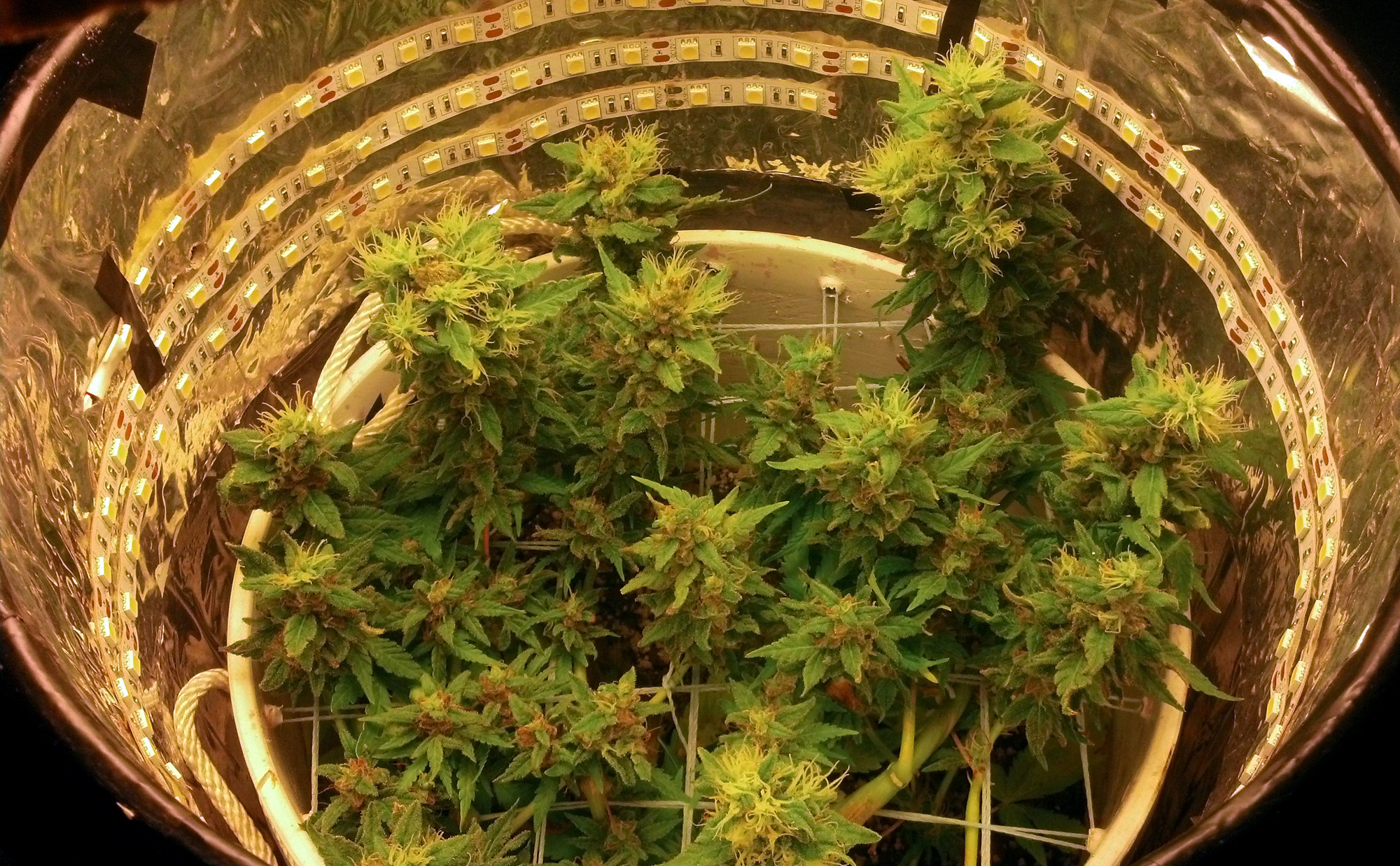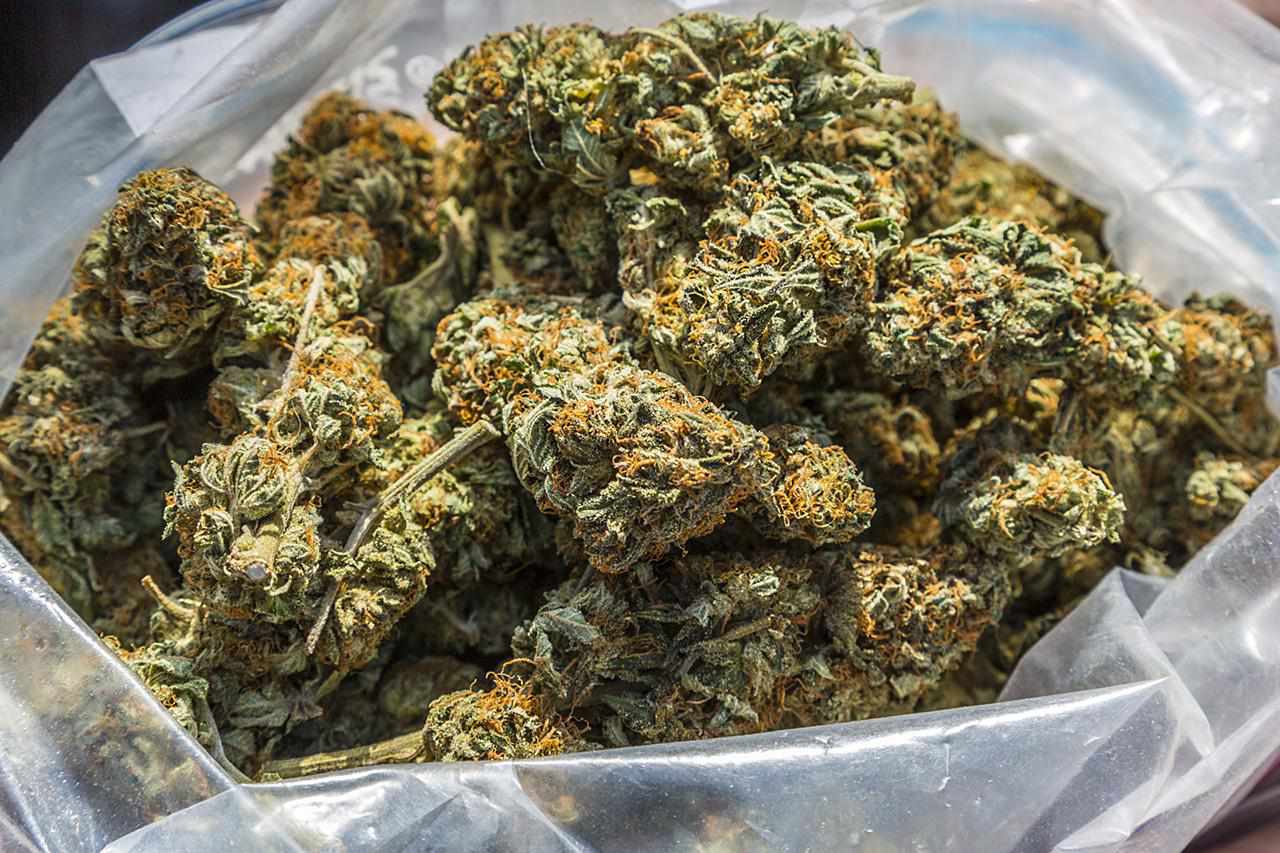
A successful New York-based entrepreneur, who made a small fortune investing in Canada’s booming legal marijuana industry, is making what is believed to be the largest private donation to date in support of independent scientific research on cannabis.
Bob Broderick is giving $9 million to Harvard and the Massachusetts Institute of Technology (MIT), both in Cambridge, Massachusetts, to study cannabis and its effects on the brain, according to a report published in The Harvard Gazette on April 30, 2019. An alumnus of both universities, Broderick said he wanted to help fill the research gap resulting from marijuana’s federal status as a Schedule I drug, which has continued to stifle cannabis research.
“I saw an opportunity to take a kind of a leadership position in getting these two great cultural institutions involved in the discussion of cannabis in the country,” Broderick, founder of Uji Capital LLC, a New York City-based global equity firm, told WBUR-FM, a public radio station in Boston, Massachusetts.
Harvard Square in Cambridge, Massachusetts. (Muns/Wikimedia Commons)
Cannabis Researchers Weigh in
The donation is expected to enable neuroscience and biomedical experts to unravel the biology of cannabinoids and analyze their effects on the human brain.
“It seems like this gift is going to support research in the kinds of brain sciences I have studied for my whole adult life … brain imaging and cellular studies of how cannabinoids affect brain synapses and models of neurological disease,” said Greg Gerdeman, Ph.D, chief scientific officer of 3 Boys Farm and a longtime cannabinoid neuroscientist.
Many cannabis scientists agree that it’s important to study the benefits and efficacy of cannabis and not just the drawbacks, which U.S. government agencies have tended to do.
“What excites me about a private-funded donation is that it may lead to greater freedom of thought than sometimes occurs when funding is from a federal government that continues to embrace unscientific narratives about the risks vs. benefits of cannabis,” added Gerdeman, a pioneer in discovering how the brain’s endocannabinoid system functions.
Dr. Sue Sisley, a psychiatrist and principal investigator of ongoing research into the medical benefits of cannabis in treating post-traumatic stress disorder (PTSD), also brought up the government’s reluctance to fund research that could cast cannabis in a positive light.
“The government is only involved in researching harmful side effects of cannabis and addiction prevention,” Sisley said. “If you say that you want to study efficacy, that’s when the government stops giving you money.”
While Sisley noted that private donations are perhaps the only hope for funding research into the efficacy and health benefits of cannabis, she also raised concerns about depending on them.
“So we appreciate donations like this one and hope for continued rigorous trials, however the downside is that getting private donors involved ultimately lets the government off the hook.”
Video still of Dr. Sue Sisley speaking at SXSW 2019 (Mike Molda/Creative Minds AV)
Amber Wise, Ph.D., Scientific Director at Medicine Creek Analytics in Seattle, took issue with the laborious process researchers must undergo to obtain Drug Enforcement Agency (DEA) permits allowing them to work with their own research cannabis, rather than what is supplied by the University of Mississippi, home to the only federally authorized and funded cannabis cultivation site in the U.S.
“One big question I have is whether the universities are able to have actual cannabis products on campus in the labs and if they already have a DEA license,” Wise said. “This is critical, otherwise ‘model’ systems of individual cannabinoids and other compounds of interest will need to be mixed and then studied and they’re not actually the same as what consumers or patients are using.”
One study, published on bioRxiv on March 29, 2019, found that the research-grade marijuana supplied by the University of Mississippi is genetically divergent from commercially available cannabis.
All of the scientists consulted agreed that there is a significant lack of proper cannabis products and funding, making it difficult to undertake rigorous research.
If support from private donors is the best hope at the moment for cannabis research, as Sisley said, Broderick hopes his donation will get that ball rolling.
“My thought is that this is the largest gift to support cannabis research, but it’s not going to be the largest for long,” Broderick said.















